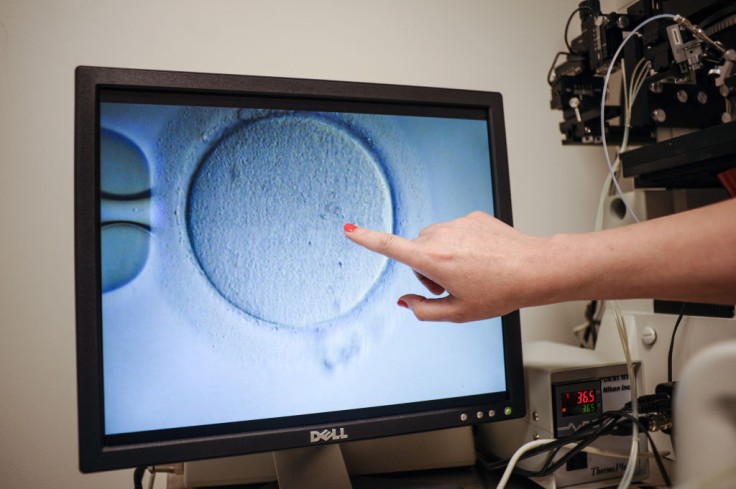
A Chinese American Pennsylvania mom had twin babies born two years apart from each other, thanks to the wonders of science and her IVF treatment.
Lan Ma, now 53, went through an IVF treatment at 50 years old using the sperm and egg from Caucasian donors. She said that race was not an issue with her as long as the donors had a healthy medical history.
The donor samples resulted in two embryos that allowed for an embryo transfer twice. The mom had Toby, now two years old, in 2019. She kept the second embryo frozen until she was ready to have another baby. Tara, Toby's twin, was born in November 2021.
In Good Shape and Health
Lan, who works at home as a project manager, said that the pregnancies were perfect for her because she was in good shape and health despite her advanced age. She did not experience complications in her pregnancies, despite taking insulin for 14 weeks due to her gestational diabetes.
"I am lucky as both frozen embryo transfers worked the first time as I look after my body," Lan shared, adding that her gestational diabetes during the twin pregnancies was manageable.
Lan has two older biological kids, also a boy and a girl, who are in their teens, Thomas and Tyler. The mother insisted that her pregnancies with her older kids during her early 30s were more challenging because she had terrible morning sickness.
She said she decided on a third baby via IVF treatment when Thomas and Tyler were growing up and would soon leave the nest. Her older kids convinced her to try for Tara so Toby would grow up with a sibling close to his age.
Lan said that she felt it would be unfair for her toddler to "grow up alone," so she underwent another embryo transfer in February this year. It's also not a concern for her that Tony and Tara will be in their 20s when she's in her 70s as she will maintain her health and fitness routines, which includes eating well, exercising religiously, and meditating daily.
How Freezing Embryos Work
According to USC Fertility, frozen embryos may be stored for up to 10 years without impacting the quality or outcome of a pregnancy. The facility said that of the over 150 women they helped with this kind of IVF treatment, 65 percent had come back to have another child using their frozen eggs.
This procedure is beneficial for women who may want to delay getting pregnant because they have personal goals to achieve or women who may have to recover from a serious condition. Fertility experts said that freezing one embryo, as in the case of Tara, is the standard nowadays if there is more than one embryo during the IVF cycle while the other embryo is used fresh, as in the case of Toby.
If a woman decides not to use the frozen embryos, some facilities encourage donating the samples to other families who may need them.
Mother, 53, gives birth to twins TWO YEARS apart https://t.co/iyLFyOfQq3 via https://t.co/VnBv5FZcWD
— tinah 🇬🇧 (@Teenie6619Tina) December 1, 2021
Fairplay to her.